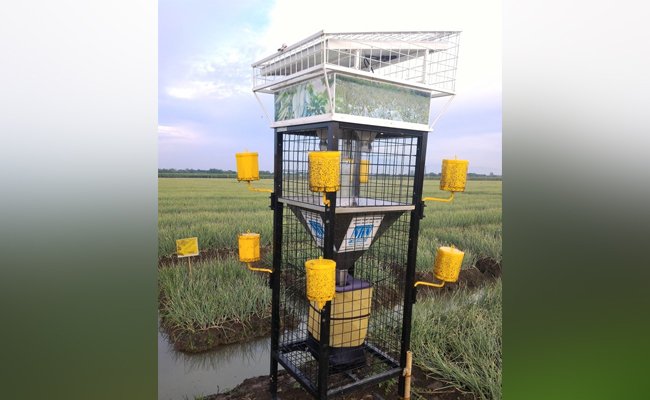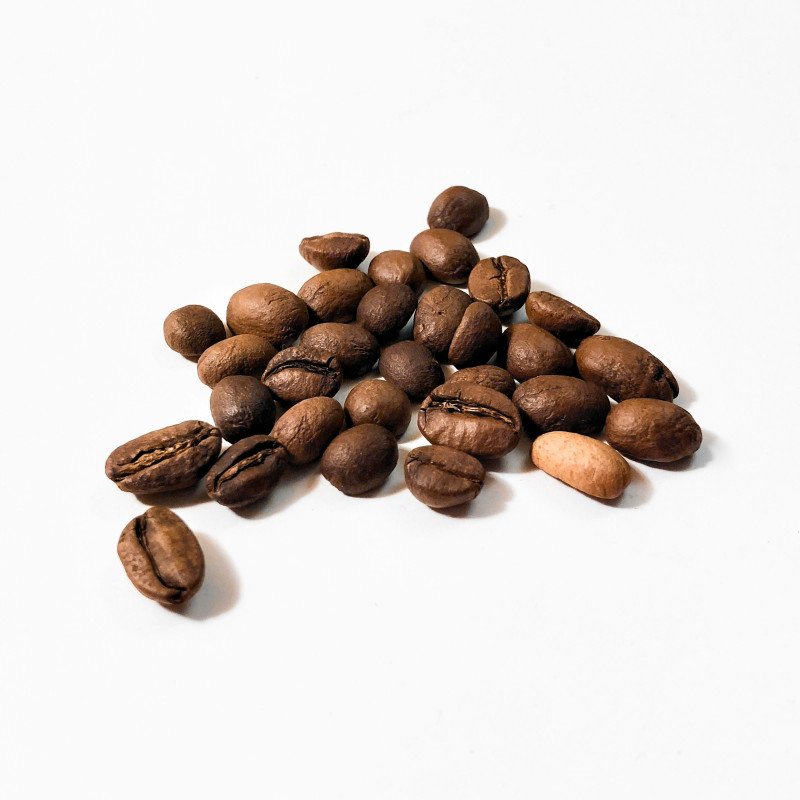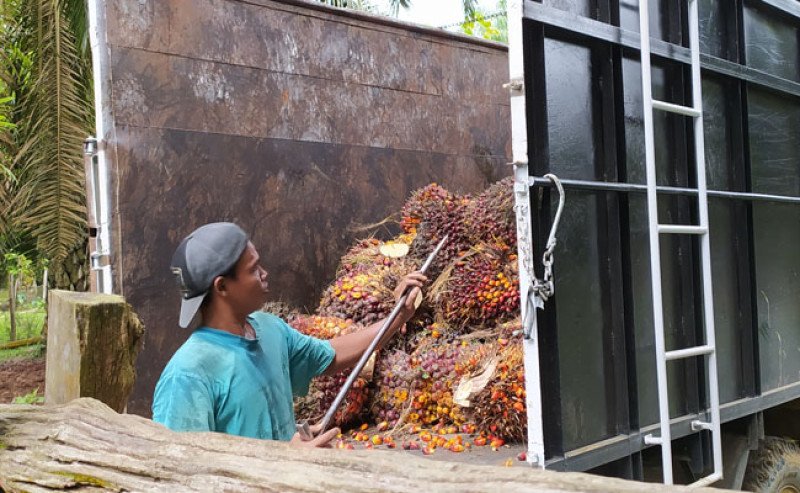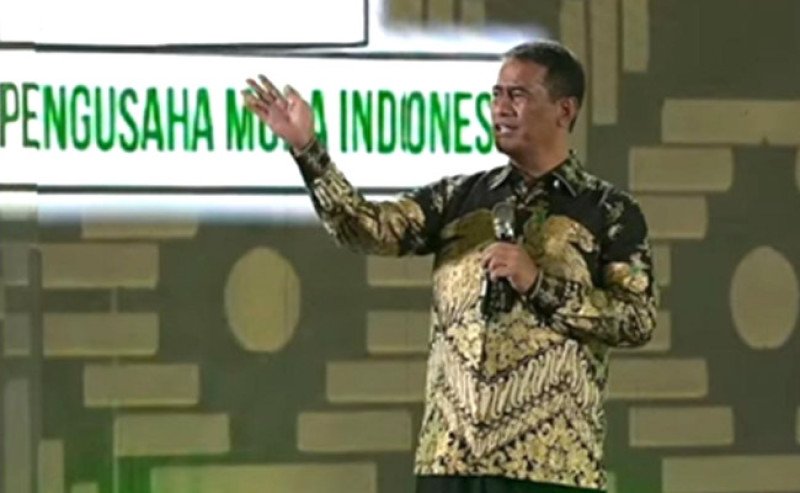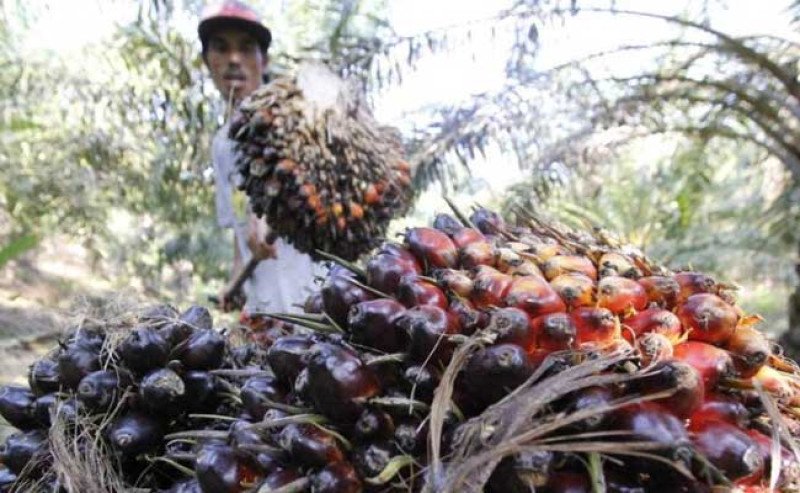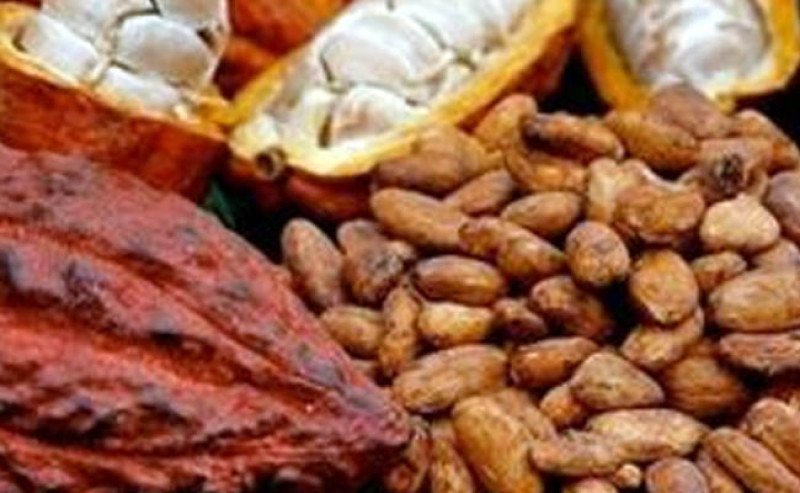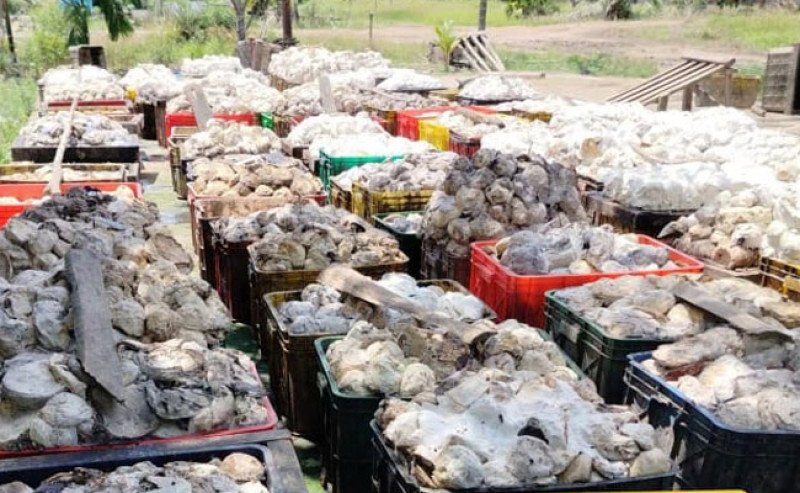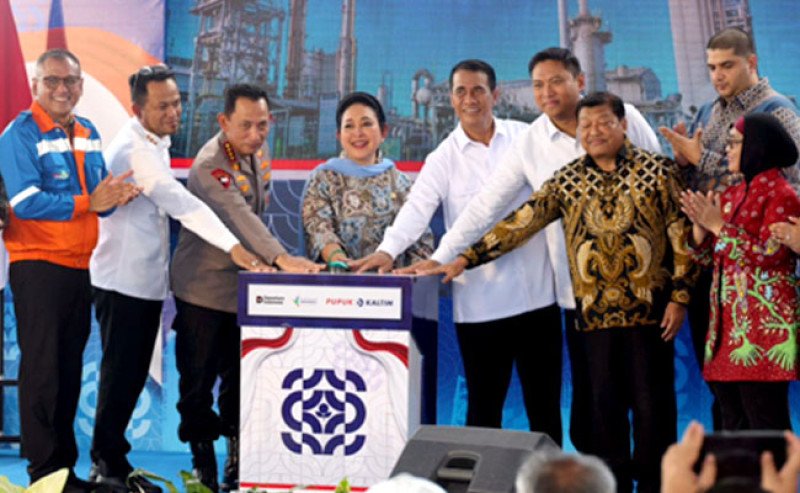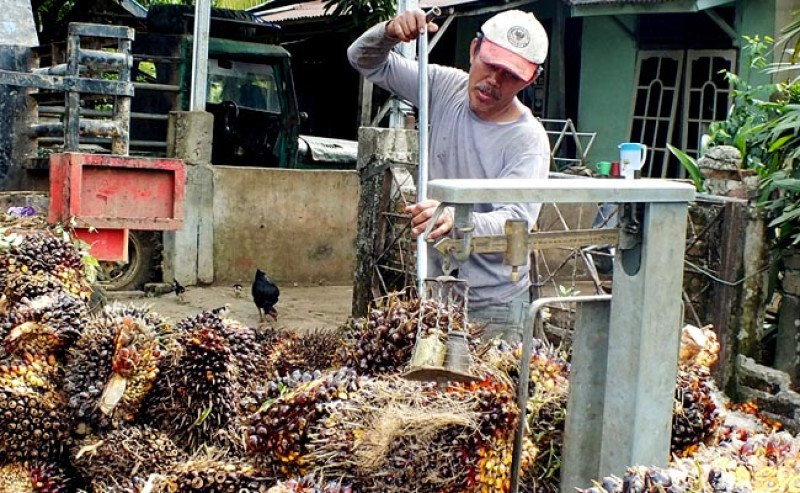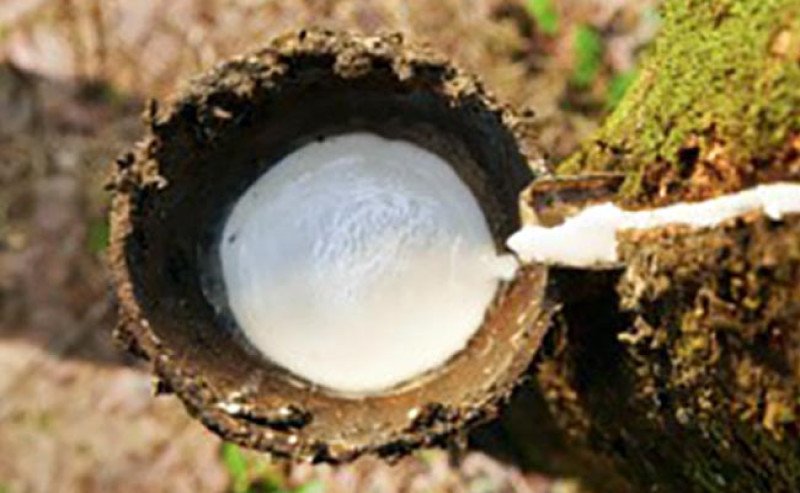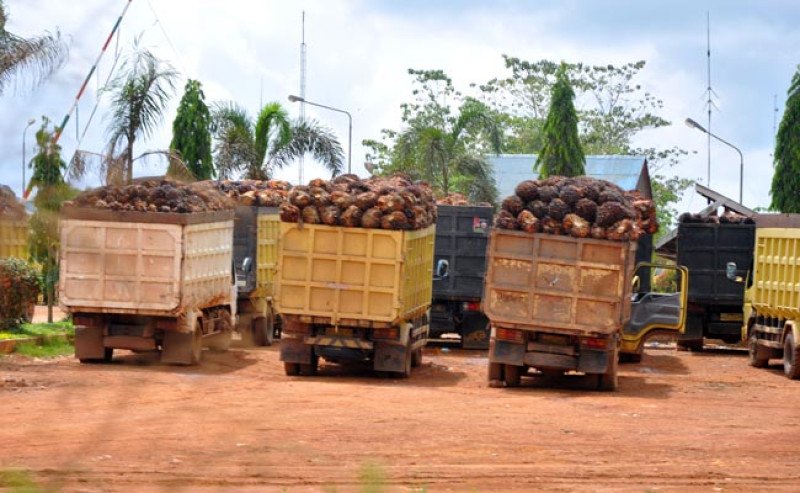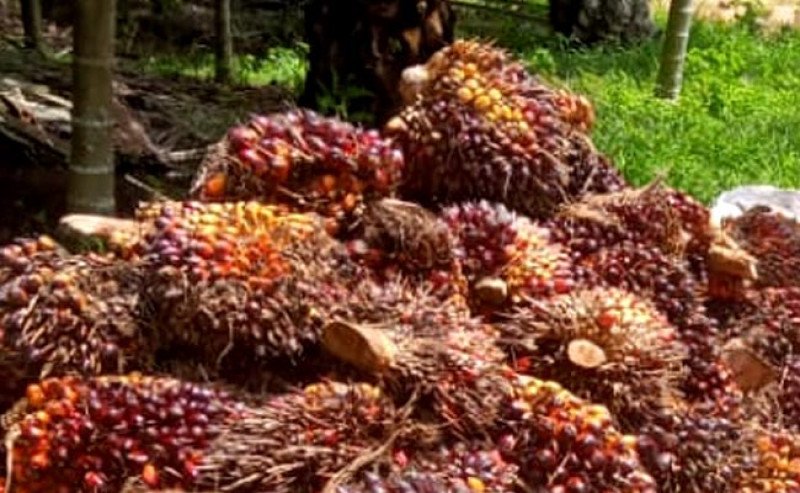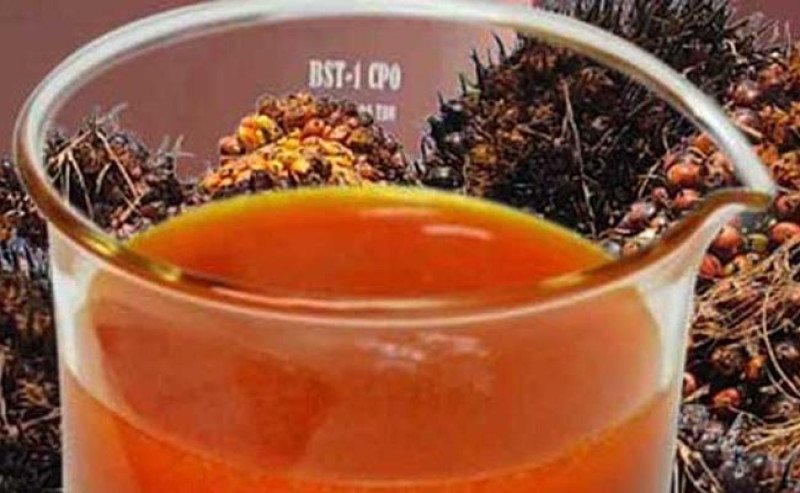Agricom.id, JAKARTA – Directorate of Protection, General Directorate of Horticulture, Ministry of Agriculture planned five main programs in 2021. Every program would target the production security to increase the business competition both in quality and quantity through the plant pest control based on the integrated pest management and climate change impacts to get the environmental and safe consumption.
“The products would be worthy of export because they fulfill the sanitary and phyto sanitary conditions regulated by World Trade Organization (WTO),” Director of Protection, General Directorate of Horticulture, Ministry of Agriculture, Sri Wijayanti Yusuf said, as in the official statement to Agricom.id, Sunday (27/9).
The five programs are making the control massively to the plant pests; implementing the integrated pest management; handling the climate change impacts; doing more technical guidance, monitoring, and evaluation, and reporting the regulation; and empowering the related instances, such as, balai proteksi tanaman pangan dan hortikultura (BPTPH), pengendali organisme pengganggu tumbuhan (POPT), laboratorium pengamatan hama dan penyakit (LPHP), klinik pengendalian hama terpadu (PHT), desa pertanian organik, SIM dampak perubahan iklim (DPI), SIG organisme pengganggu tumbuhan (OPT), dan balai besar pengendali organisme pengganggu tanaman (BB POPT) in Jatisari in District of Karawang, West Java.
"The control is realized by the socialization of plant pest management based on the integrated pest management both preventively and curatively in the same time in the wider areas and continuously, and providing the environment material control independently. The environmental plant pests control material could be yellow trap, sex pheromone, light trap, refugia, environmental control agents, natural pesticides, plant growth – promoting rhizobacteria (PGPR), and compost tricho (organic fertilizer within antagonist fungus, Trichoderma sp.)," Sri said.
"The products produced by the farmers would be safely and environmentally consumed and would fix the criteria of the markets globally based on the sanitary and phyto-sanitary condition in WTO. The export chances would increase and the trade balance of horticulture would be more positive and the farmers get the better economy,” Sri mentioned.
The implementation of plant pest management in the area wide management (AWM) would be prioritized to the exports, such as, mango, mangosteen, banana, pineapple, dragon fruit, thorny palm, and others.
The policy has been implemented in some regions in 2019, such as AWM to thorny palm fruit flies in Banjarnegara dan Magelang, Central Java and Sleman, Daerah Istimewa Yogyakarta (DIY); AWM to mangosteen mealy bugs and ants in Tasikmalaya, West Java; and Tabanan, Bali; and AWM to dragon fruit mealy bugs, ants and cancer in Pesanggaran, East Java.
The integrated pest management program is to disseminate the technology, technology transfer, and tell the plant pest knowledge locally but environmentally through the education and training.
“The attack of plant pest to the plantations gets decreasing in every single year, or always less than the tolerant limit, namely in cayenne pepper, onion, orange, and mango. We would maintain this,” Yanti, her nick name, said.
In 2021, General Directorate of Horticulture, Ministry of Agriculture would allocate (the fund) to handle the climate change impact where cayenne pepper and onion are in deficit to buffer Jakarta, Bogor, Depok, Tangerang, dan Bekasi (Jabodetabek); and the areas where hit by drought and flood. The climate change impact would be prioritized in the province within massive drought, such as, West Java, Central Java, and Nusa Tenggara Timur (NTT).
General Director of Horticulture, Ministry of Agriculture, Prihasto Setyanto said that the protection program plays the important role to develop the agriculture in this country. Every side is hoped to support and succeed it. This is the same with what Minister of Agriculture, Syahrul Yasin Limpo told in many chances that the protection would be one key to secure the food production to the plant pest attack and climate change impacts. This should be in synergy and integrated with other stakeholders namely to secure the food nationally to 267 million citizens of Indonesia.
“We could not work alone without the help of the regional governments, the counselors, the officers of pest control, and particularly the farmers. Let us make the programs successful for our benefits,” Anton, his nick name, said. (A2)
